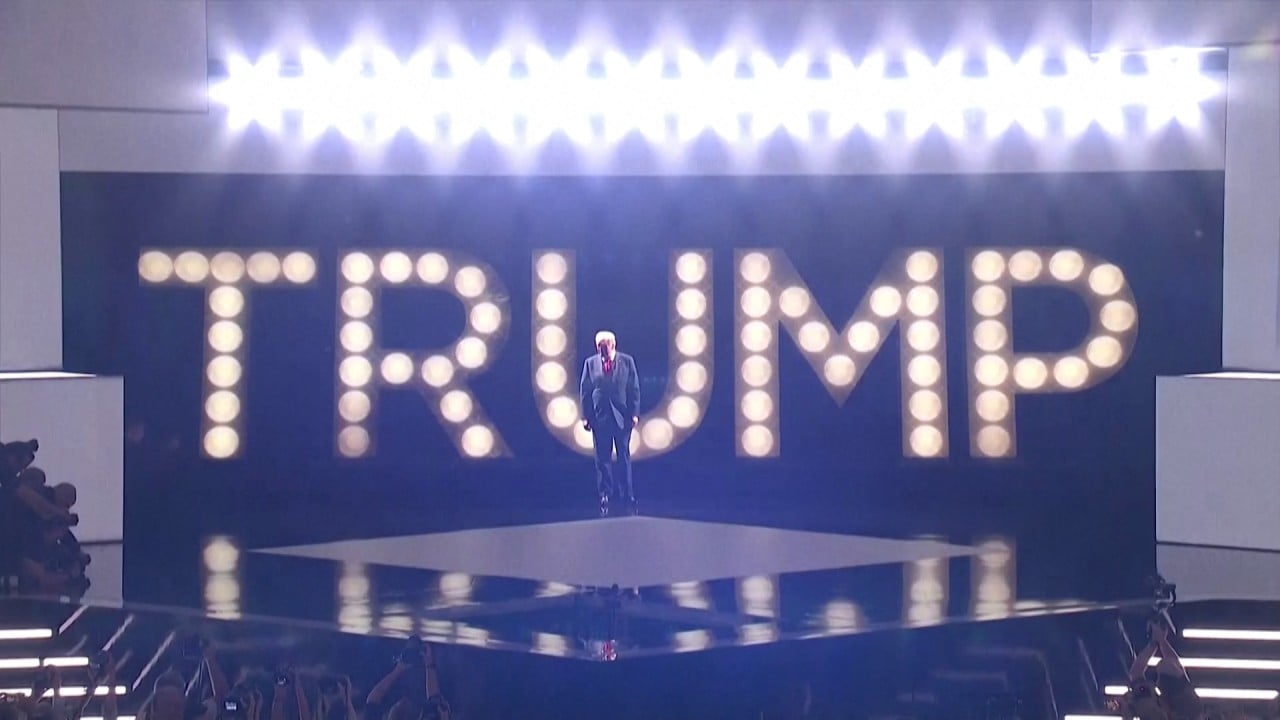US says start of new China tariffs will be delayed by at least two weeks
USTR also sought input whether a proposed 25 per cent duty on medical masks, gloves and a planned 50 per cent tariff on syringes should be higher.
Washington is investing hundreds of billions of dollars in clean energy tax subsidies to develop US EV, solar and other new industries, and has said China’s state-driven excess production capacity in these sectors threatens the viability of US companies. The tariffs are meant to protect American jobs from a feared flood of cheap Chinese imports.
The Port Authority of New York and New Jersey said the tariffs would increase the cost of each crane by US$4.5 million “causing a significant strain on the port’s limited resources.”
The largest two categories, making up US$13.2 billion of the targeted imports from China in 2023, are lithium-ion batteries, according to US Census Bureau data.
